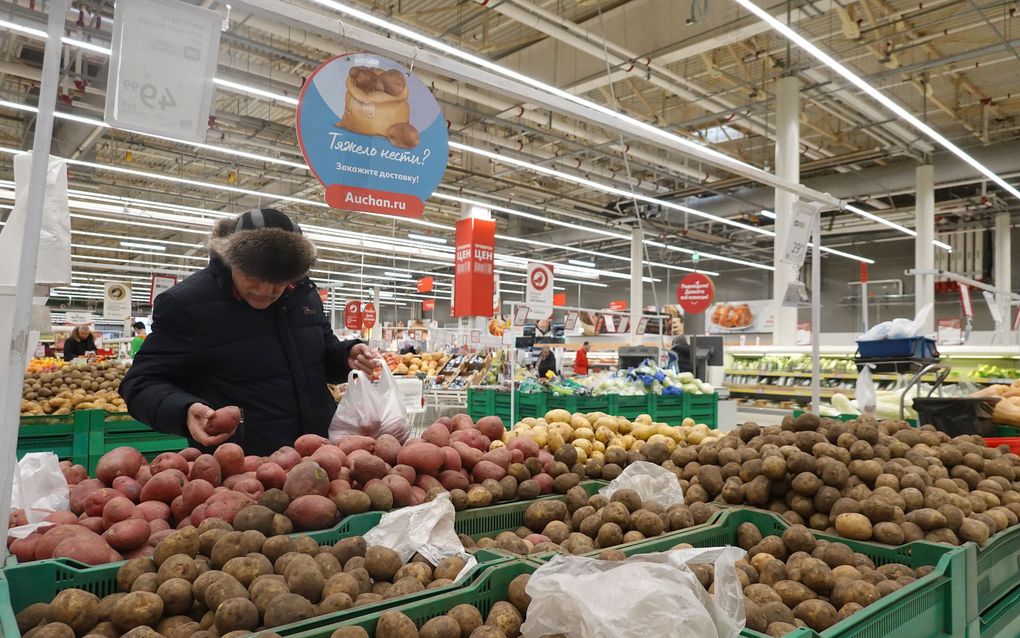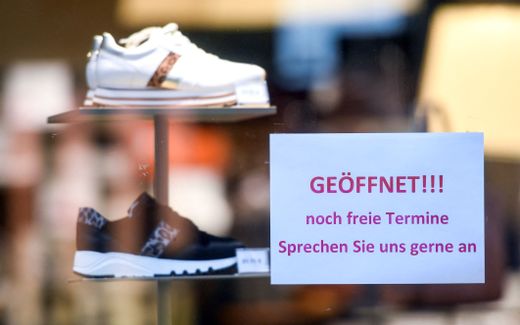Croatia’s Sunday closing law set to take effect

Photo EPA, Maxim Shipenkov
Southern Europe
The government in Croatia wants to place more restrictions on Sunday shopping.
According to reporting from N1, the final draft of the nation’s Trade Act was sent to parliament last Thursday. If passed, shops would have to be closed on Sundays and holidays. However, the government has set a maximum of 16 Sundays a year if retailers want to open their doors.
Prime Minister, Andrej Plenkovic welcomed the new changes which will grant more free time across the country.
“The law will allow retail staff to spend Sunday with their families,” he said to the Central European Times.
Plenkovic, who is the president of the nation’s conservative Croatian Democratic Union (HDZ) also declared that “Sundays should be His day and that it is a step in “strengthening the family,” which is remains the basis of society.
In the predominately Roman Catholic country, at least 44 percent see themselves as “highly religious,” according to a Pew Research Center study. Some Plenkovic critics claim that the government wants to boost church attendance numbers rather than prioritise family time.
This will be the third time that the government has previously tried to pass restrictions on Sunday trading. Before, multinational supermarket chains went to the constitutional court to get them overturned.
As for the newest Sunday draft law, some exceptions apply to the closures. Bakeries, shops at public transportation stations, petrol stations, and most corner stores can be open at limited hours from 7 AM to 1 PM.
Although the new law is set to go into effect on 1 July, changes have already taken place. According to Euractiv, Sunday employees in all sectors are currently being paid 50 percent more than their usual wage. That change took effect in January. However, finding enough workers to work on the last day of the week is an ongoing challenge. Irena Weber, head of the national employers’ association HUP, says that employees can now opt out of working on Sundays, which may cause shortages if retailers want to have their shops stay open.
“In such conditions, it will be virtually impossible to ensure business as usual,” she said.
Croatia’s shopping malls have also been another “bone of contention” among government leaders. Most shopping malls are open every Sunday until 8pm across the country. The government is now eyeing to end that practice, as only 10 percent of their weekly revenue is generated on Sundays.
Croatia is not the only European country to consider a Sunday trading ban. According to Central European Times, Poland introduced its own Sunday opening ban in 2021 with only “seven exceptional days”. Exemptions apply for sole traders, post offices, as well as shops within airports and train stations.
Related Articles







